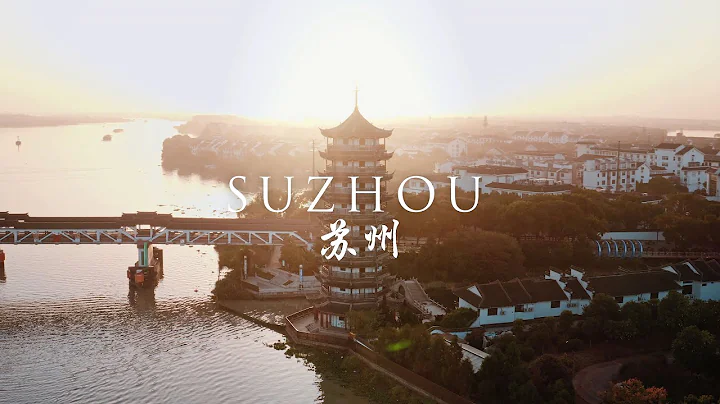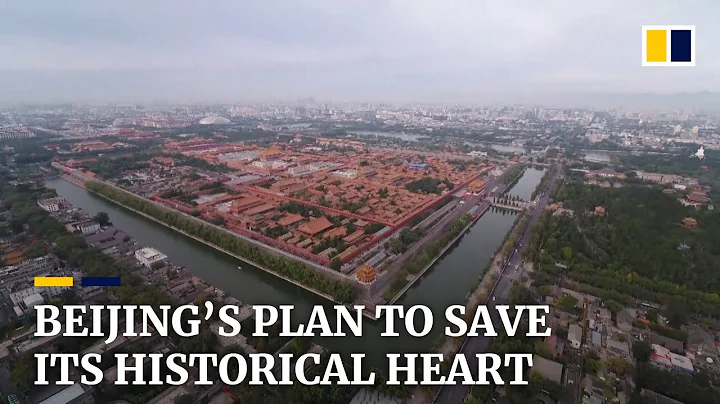
Taiwan United Daily News said in a short comment that in 2006, dragged down by Chen Shui-bian’s corruption case, the Democratic Progressive Party tried to change its image and passed a proposal to “disband factions” at the “National Congress”. However, the party’s factional operations certainly did not “disband in place” ”, instead it became a secret known to everyone and continues to operate to this day.
I still remember the factional struggle in those days when each of the "Four Heavenly Kings" occupied the top and refused to give in to the other. This became everyone's deepest stereotype of the DPP faction. However, the factional culture is by no means a success or failure. It is carefully maintained. The power structure within the party encourages various factions to supervise each other and becomes an unwritten collegial system to prevent one faction from becoming dominant, or even one person becoming dominant, and prevent the DPP from becoming a monolithic party.
The competition for power may be ugly, but it retains the DPP’s enterprising vitality, talent absorption, and diverse party culture. However, the struggle extended by factions may be a propeller of progress when the revolution is in opposition, but not necessarily after it is in power.
In 2008, the Democratic Progressive Party was defeated in the "legislative" election, and the Kuomintang also won the "general election." The Democratic Progressive Party fell to the bottom, and the factions still refused to accept anyone. In the end, Tsai Ing-wen, who had no obvious factionalism, picked up the pieces and became the party's leader. New co-owner.
From 2008 to 2016, the DPP was united and united in dealing with the outside world. In the past four years of being in power, only the remnants of the British faction remained in the party. The factions were relatively restrained. Tsai Ing-wen gave the unified orders. Even if some factions reared their heads, It was also frightened back three steps by the 2018 local elections and the Kuomintang’s major counterattack.
However, now that Tsai Ing-wen has won re-election, the Democratic Progressive Party is gaining momentum. Not only has it scored points on cross-strait conflicts, but its control of the epidemic has also demonstrated the governance capabilities of the DPP authorities. Seeing the 2022 and 2024 elections approaching, factions have once again emerged It seems that the infighting drama of the "Four Heavenly Kings" will be repeated again in order to allocate positions for power and interests.
The DPP is a faction when it succeeds and a faction when it fails. At present, all the overt and covert struggles, including "Executive President" Su Zhenchang's removal of the "Taoyuan Gang" official board of directors, "Minister of the Interior" Xu Guoyong's legal action against "Police Director" Chen Jiaqin, etc., the Tsai administration is using "epidemic prevention as a priority" as an excuse to ask everyone not to Use a magnifying glass to look at it, but the epidemic will eventually end, and the factions competing for it may have to come to the surface by then.
Perhaps the Tsai administration’s four-word “epidemic prevention priority” should be given to various factions first, so as not to mess up the professional image that the administration has worked so hard to create.

















![Classical Gardens of Suzhou, China [Amazing Places 4K] - DayDayNews](https://i.ytimg.com/vi/YSrRxhU0qQI/hq720.jpg?sqp=-oaymwEcCNAFEJQDSFXyq4qpAw4IARUAAIhCGAFwAcABBg==&rs=AOn4CLA-SL7QjI3LRFRzZDPw4O042XZb8A)